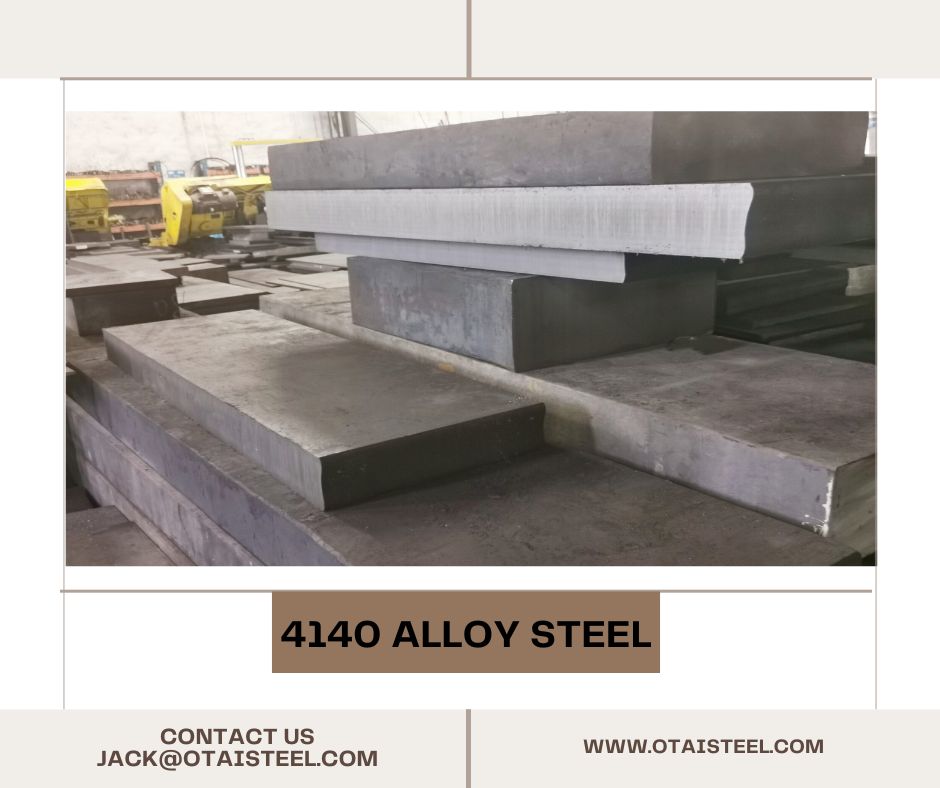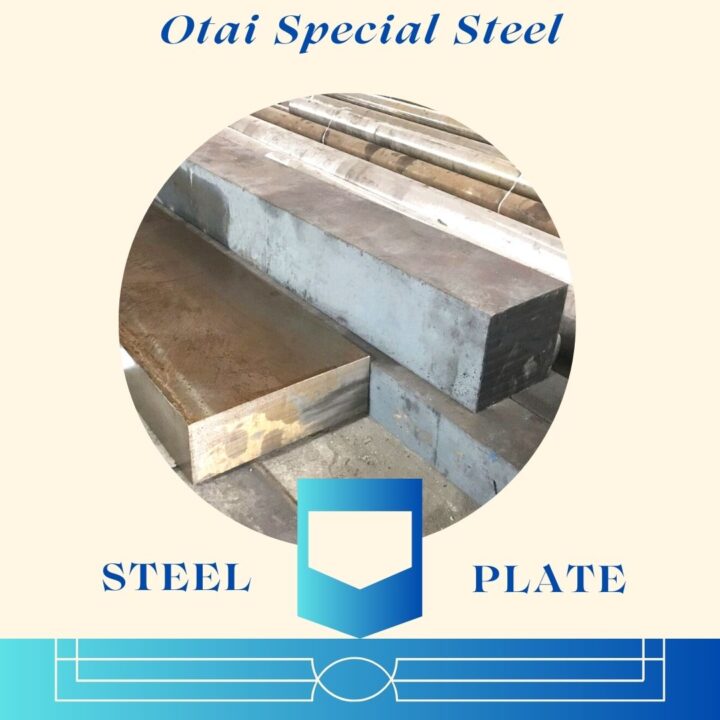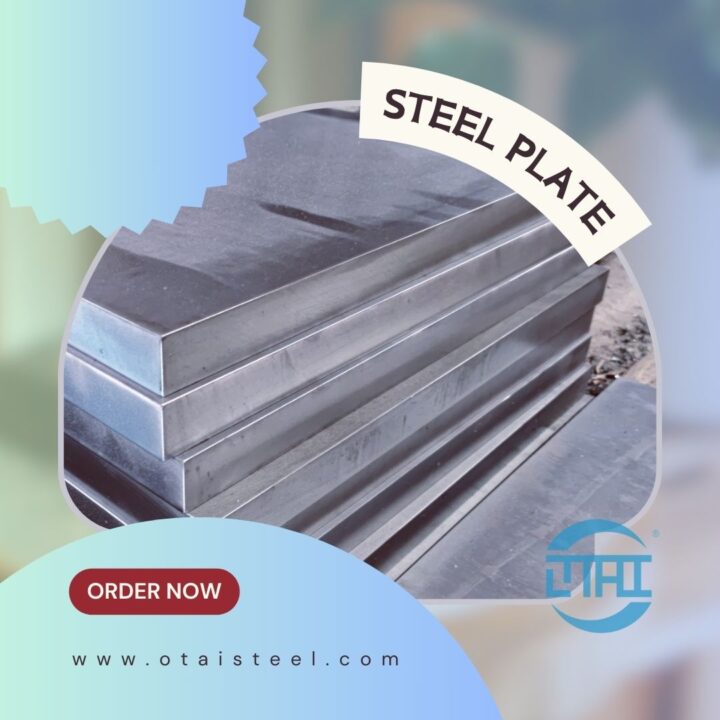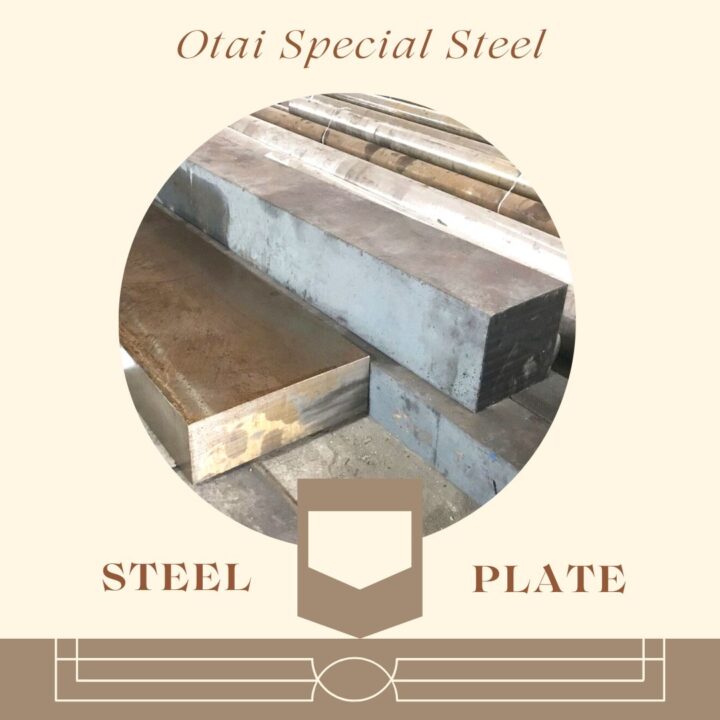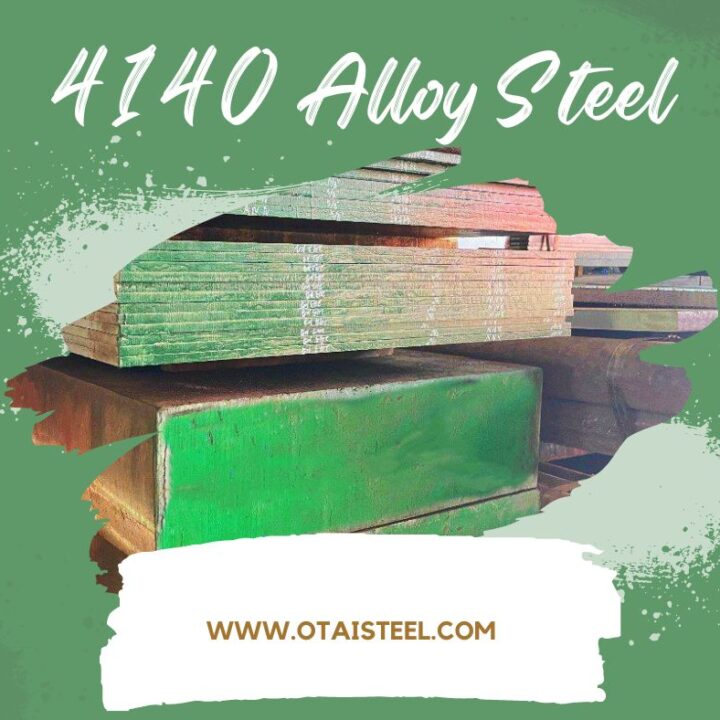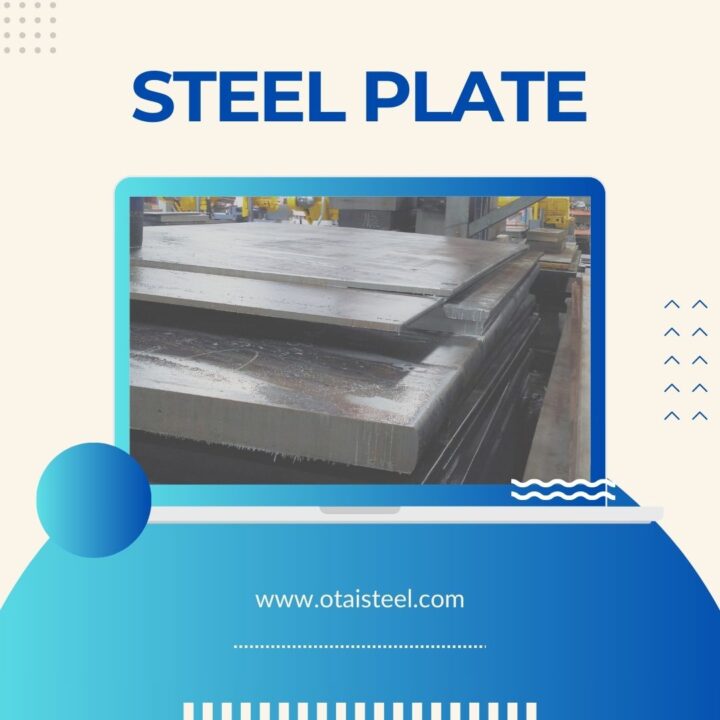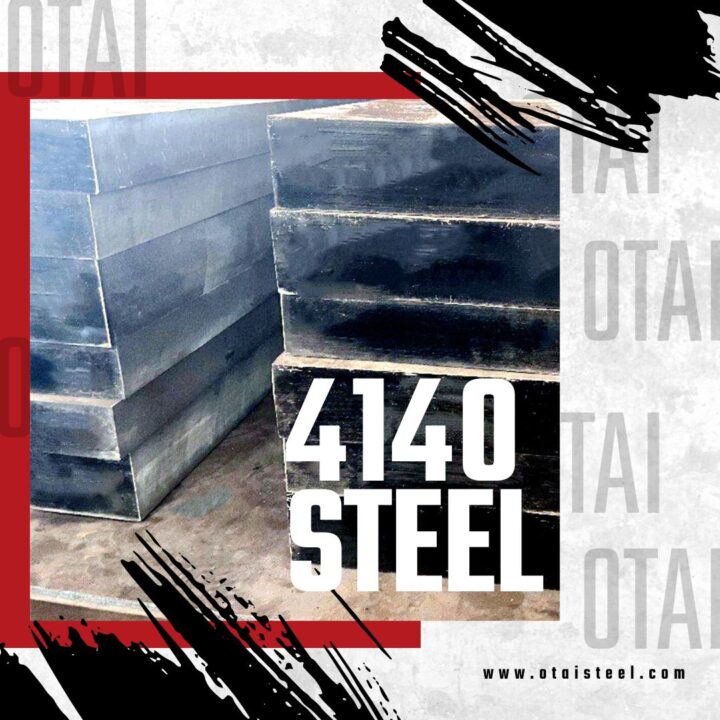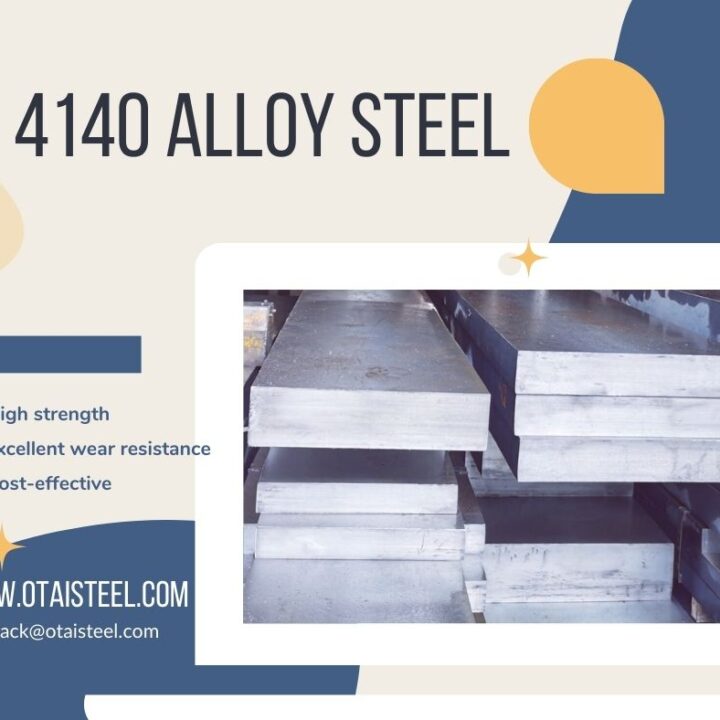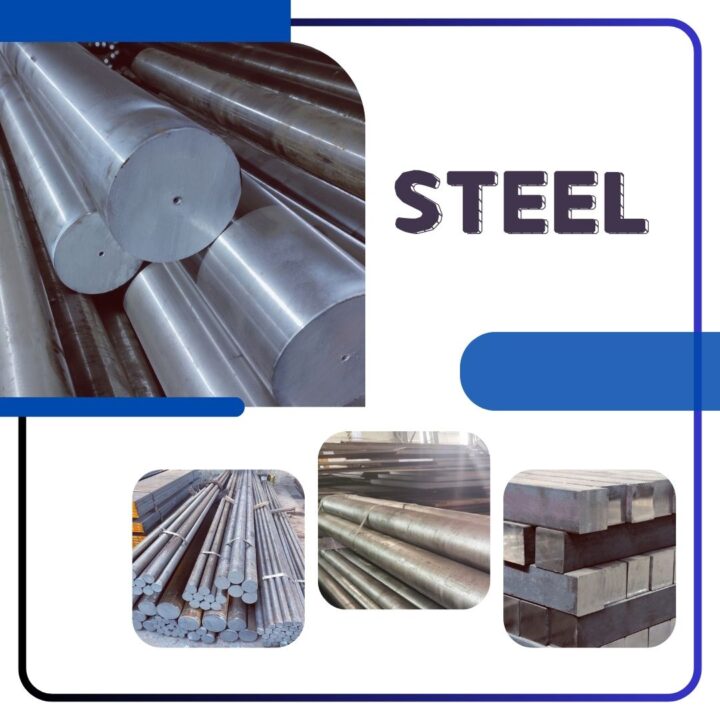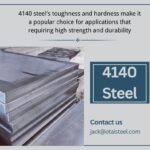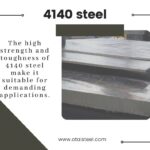Tensile strength is the measure of a material’s resistance to a force pulling it apart. In simple terms, it’s the maximum stress a material can endure while being stretched or pulled before it breaks.
The 4140 Alloy Steel Advantage
4140 alloy steel boasts remarkable tensile strength properties. This alloy can withstand enormous amounts of pulling force, making it a favored choice for applications requiring structural integrity.
Composition Matters
What sets 4140 alloy steel apart? Its composition. It primarily consists of iron, carbon, chromium, and molybdenum. This combination imparts unique mechanical properties to the material, including its impressive tensile strength.
The Influence of Carbon
Carbon, a key component in 4140 alloy steel, contributes to its tensile strength by forming strong atomic bonds within the steel’s crystalline structure.
Chromium’s Role
Chromium is another significant player. It enhances the material’s hardness and wear resistance, complementing its tensile strength by making it capable of withstanding wear and tear.
Molybdenum’s Impact
Molybdenum is the unsung hero in the alloy. It adds to the steel’s tensile strength by preventing the formation of weak spots in the crystal structure, improving overall strength and durability.
Versatile Applications
The robust tensile strength of 4140 alloy steel makes it incredibly versatile. It’s used in various applications, from manufacturing machinery and tools to components in the automotive and aerospace industries.
Heavy-Duty Machinery
In heavy machinery, 4140 alloy steel is a go-to choice due to its ability to endure high stress and prevent deformation under heavy loads.
Aircraft Components
In aerospace, where safety is paramount, 4140 alloy steel’s tensile strength ensures that critical components can withstand the extreme conditions of flight.
Automotive Reliability
Automakers rely on 4140 alloy steel for crucial parts like axles and drive shafts, where the material’s tensile strength ensures longevity and performance.
Oil and Gas Exploration
In the demanding environments of the oil and gas industry, 4140 alloy steel’s tensile strength is essential for components such as drilling equipment and pipelines.
Construction Confidence
Builders and construction engineers appreciate the tensile strength of 4140 alloy steel when designing structures that need to withstand the forces of nature.
Heat Treatment Enhancements
One of the unique aspects of 4140 alloy steel is its responsiveness to heat treatment. This means its tensile strength can be tailored to specific requirements through controlled heating and cooling processes.
Tackling Tough Environments
4140 alloy steel’s tensile strength makes it an ideal candidate for applications exposed to corrosive environments. Its resistance to corrosion adds an extra layer of durability.
In the world of materials engineering, tensile strength is a defining factor, and 4140 alloy steel excels in this regard. Its unique composition, encompassing carbon, chromium, and molybdenum, imbues it with exceptional tensile strength. This property makes 4140 alloy steel a material of choice across diverse industries, from heavy machinery to aerospace and beyond. It’s a testament to human ingenuity and innovation that we can harness the power of materials like 4140 alloy steel to build a better, stronger world.
